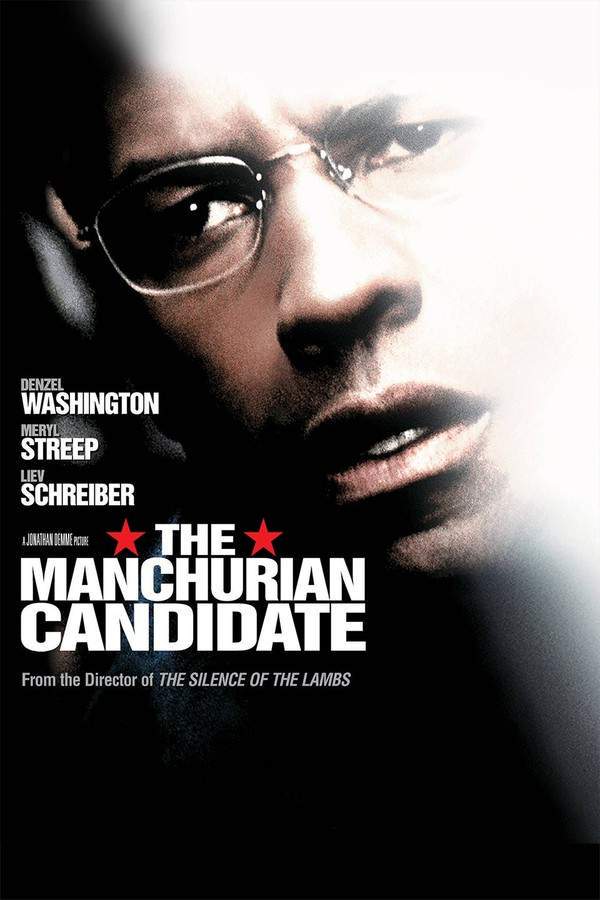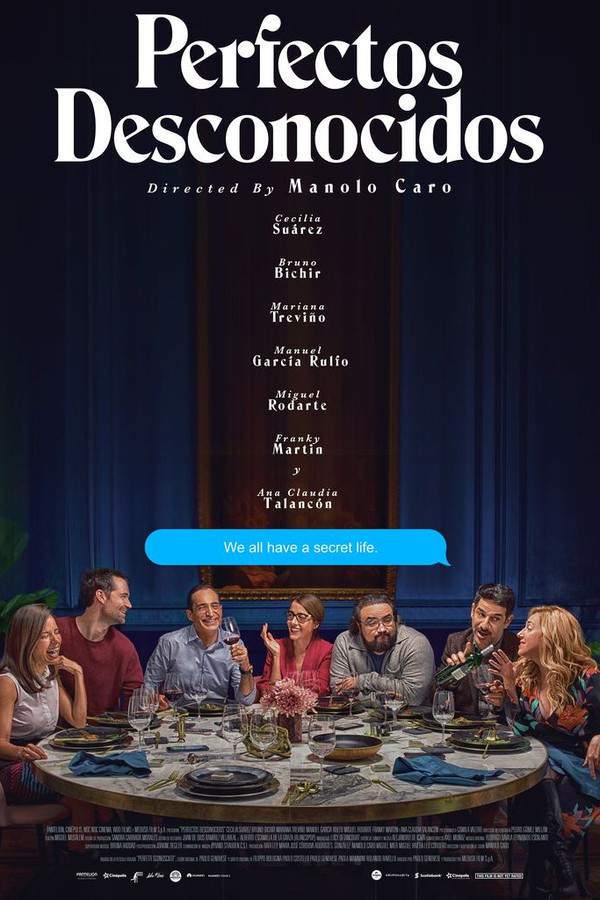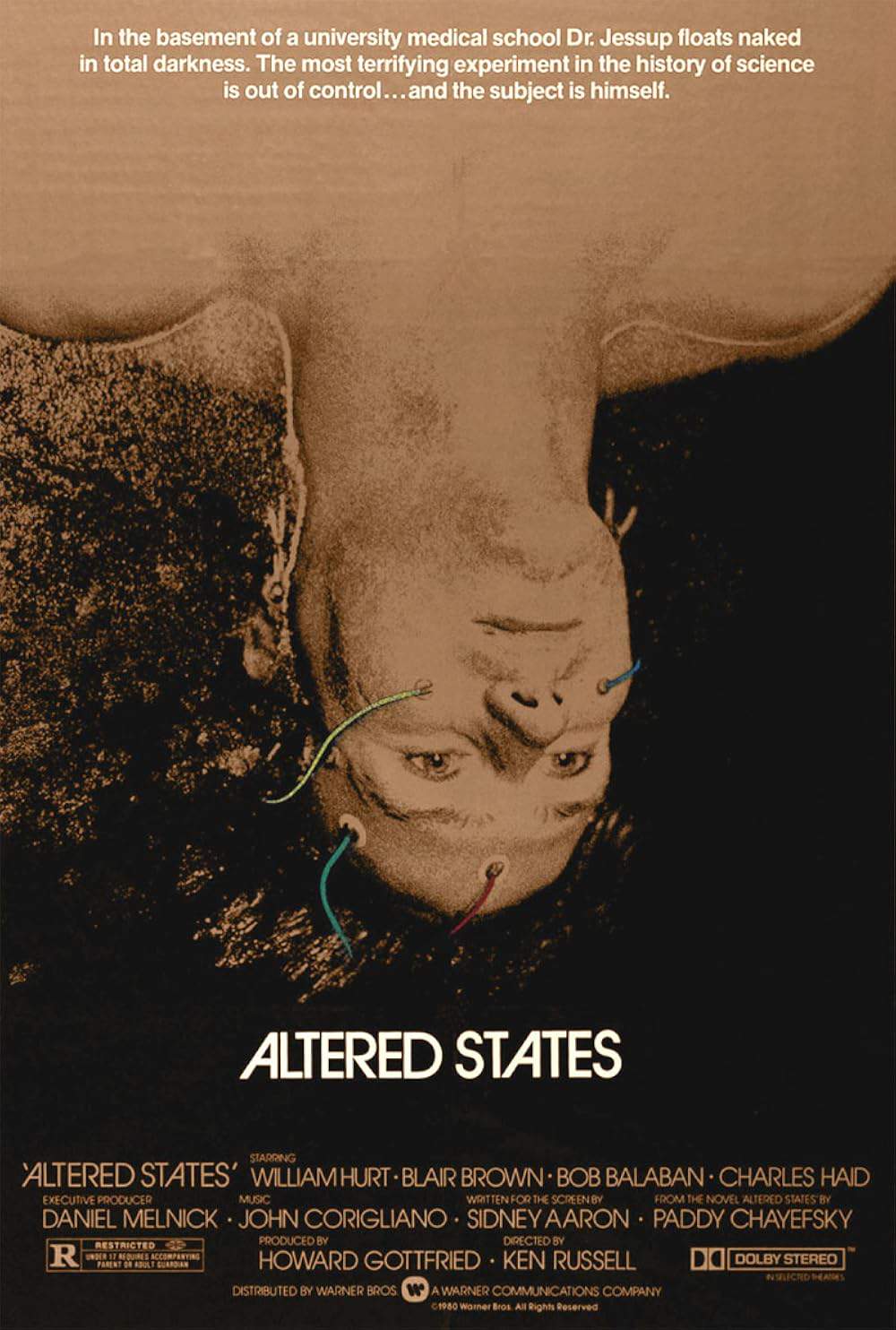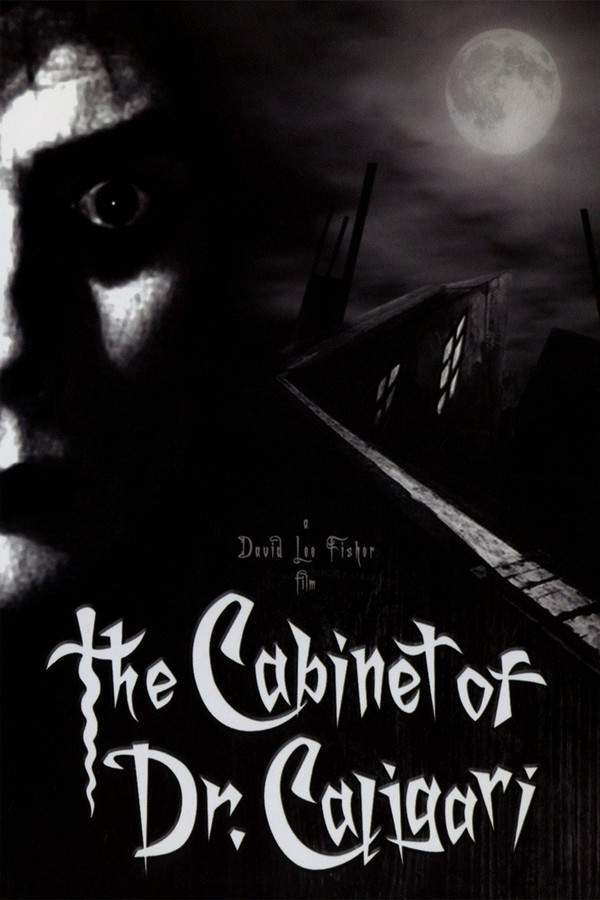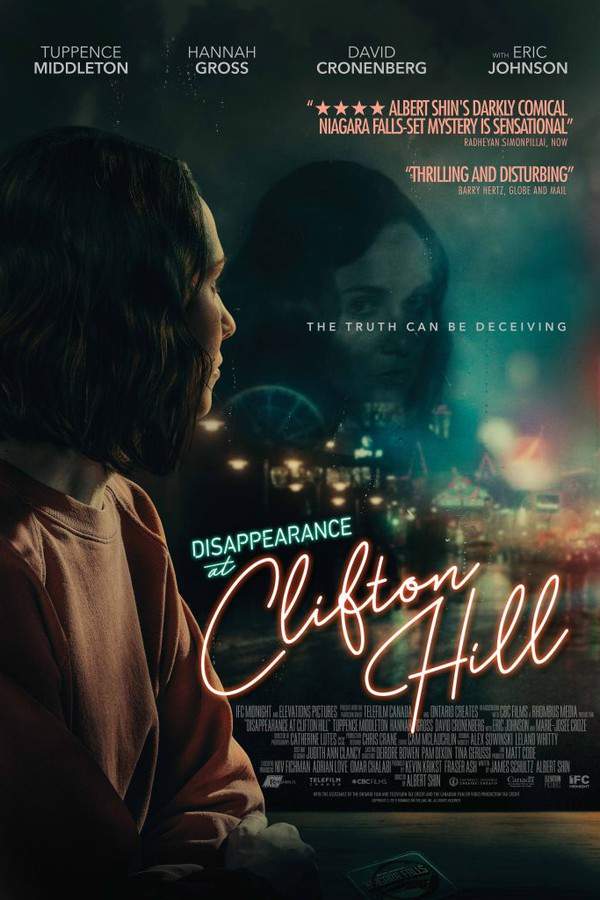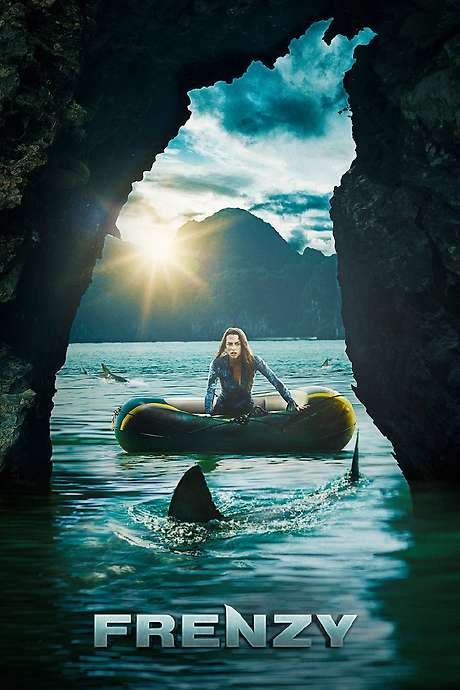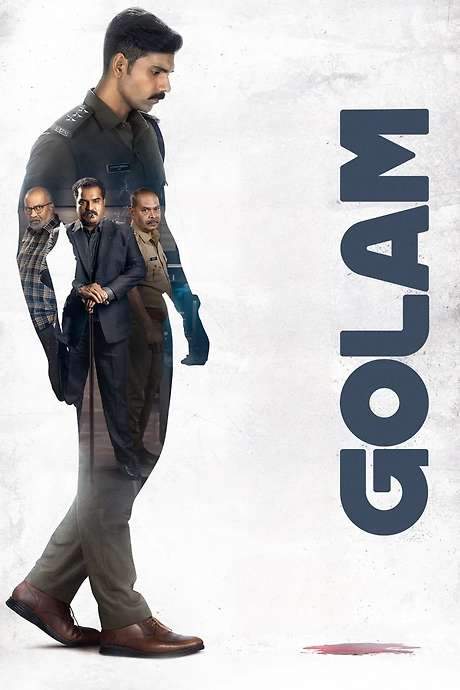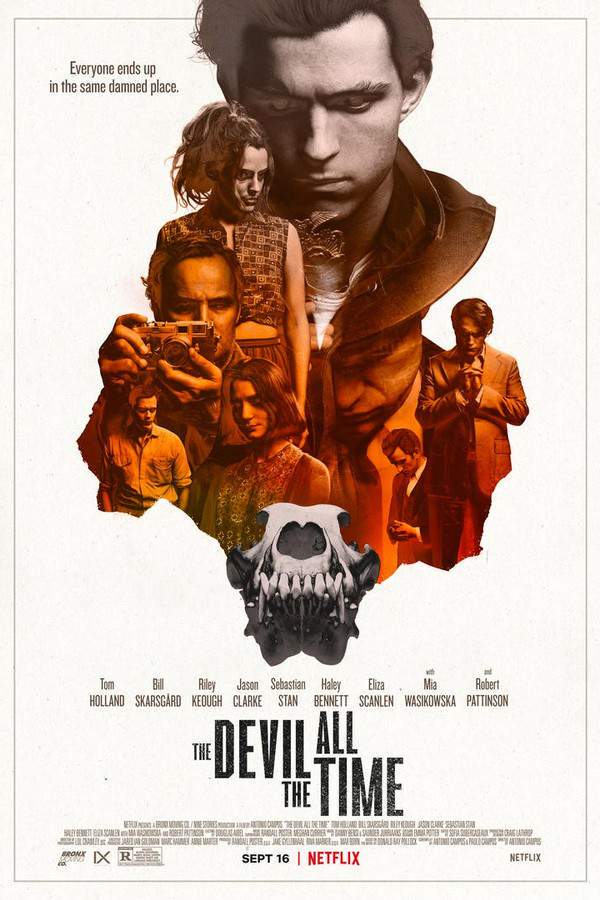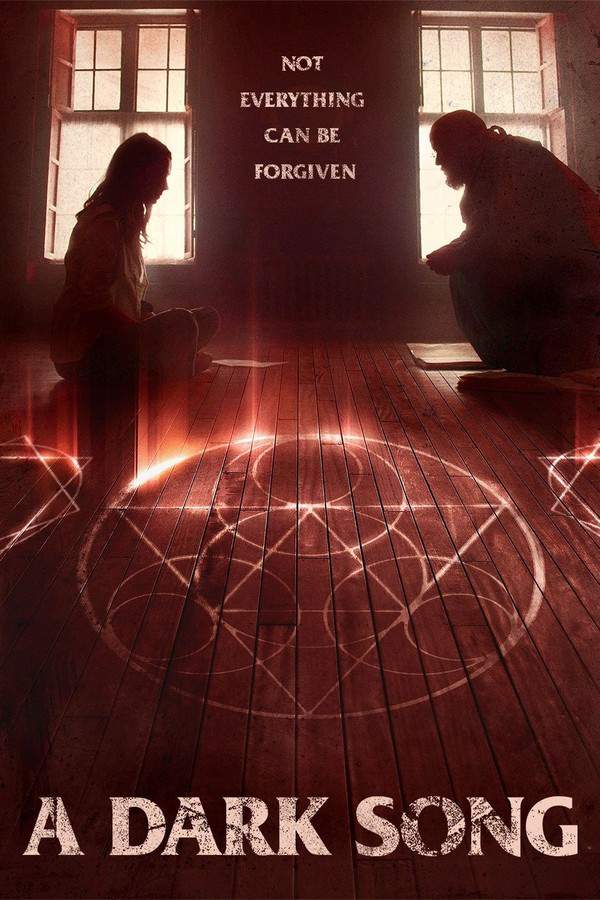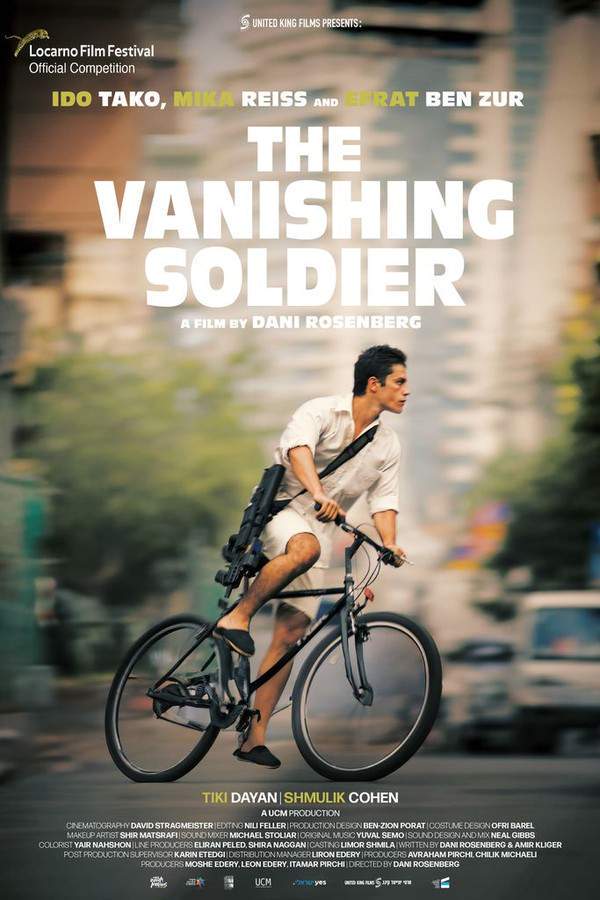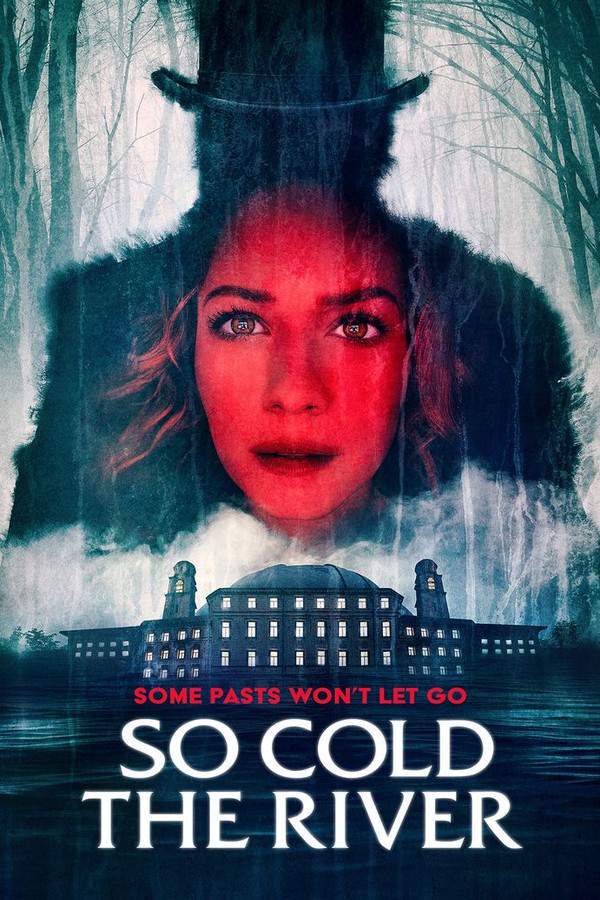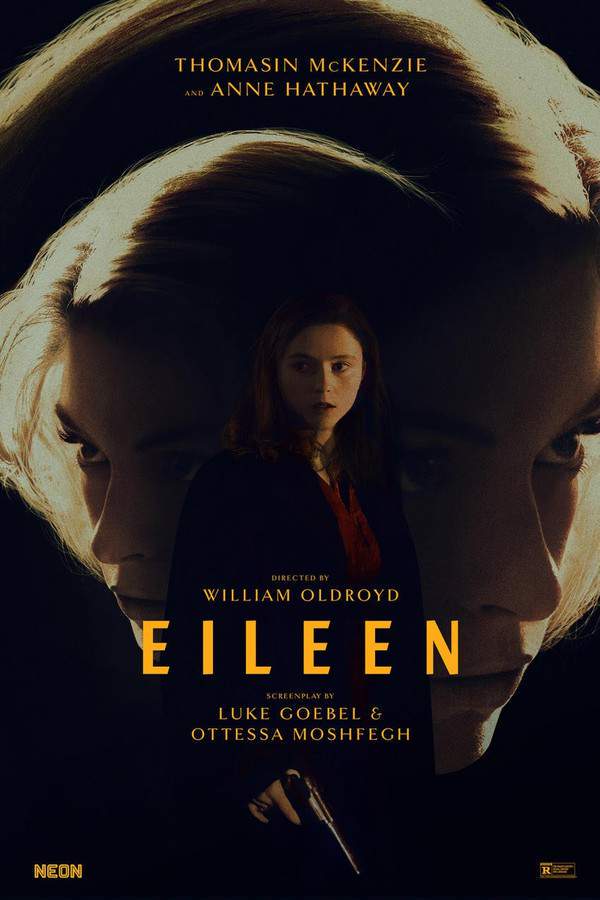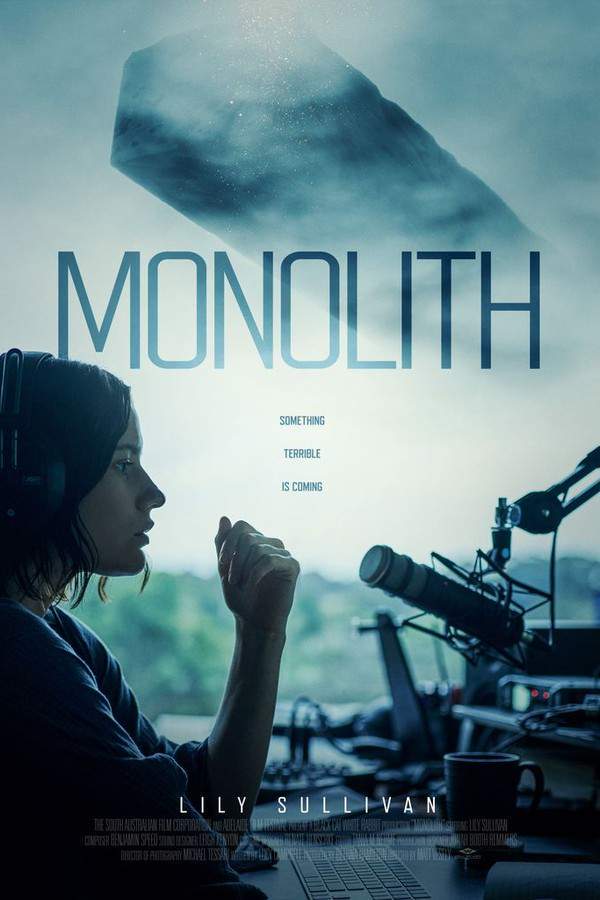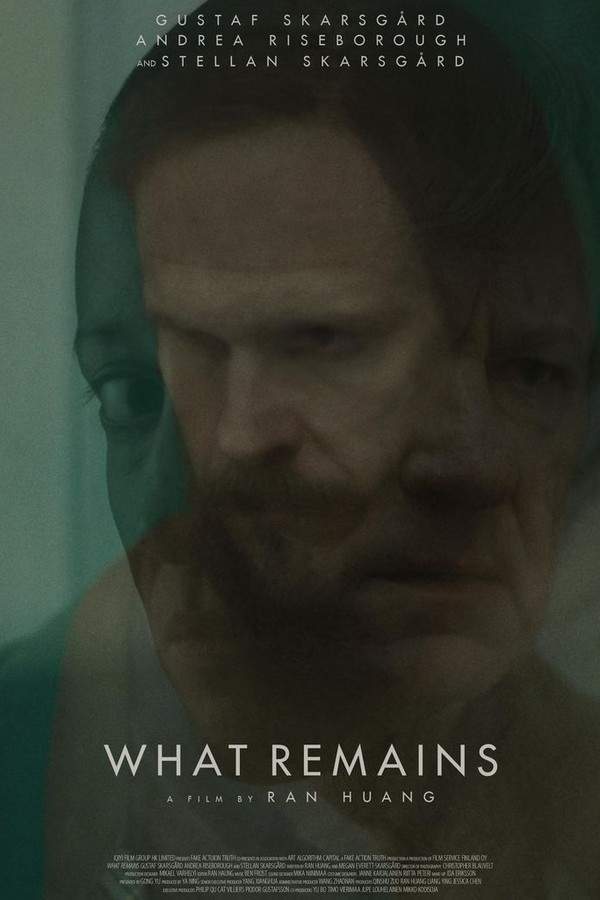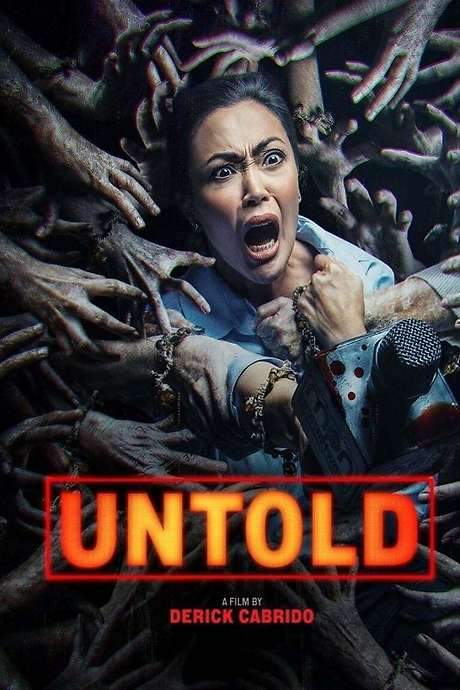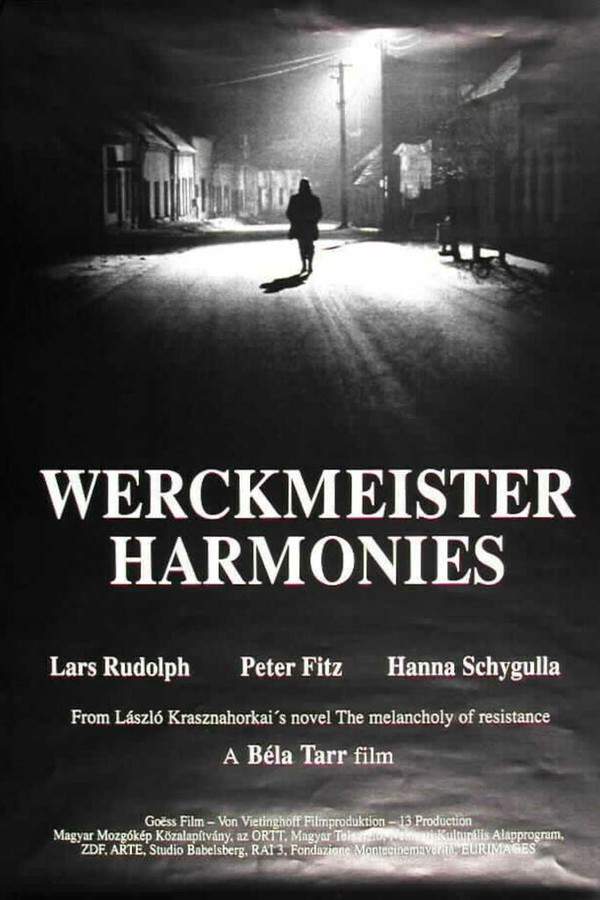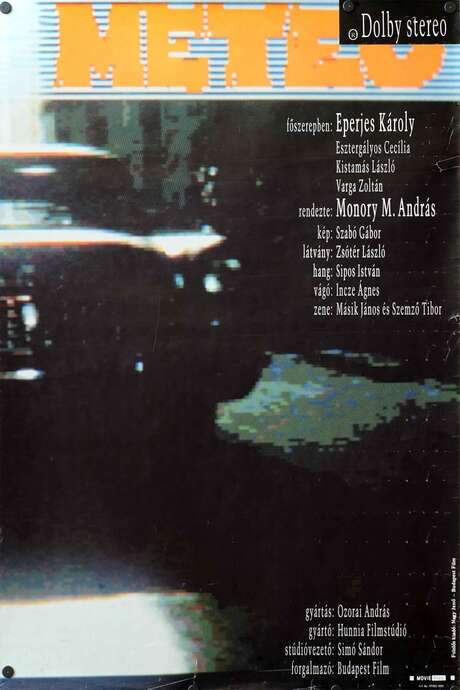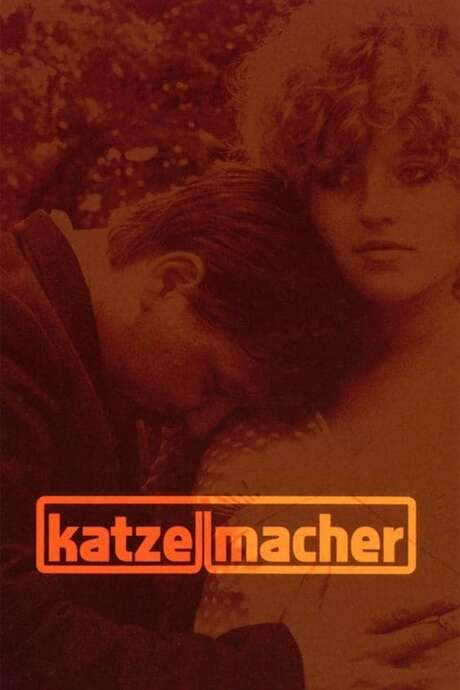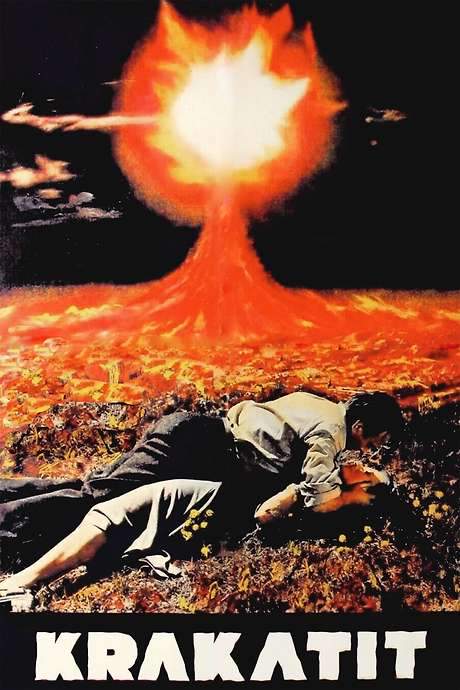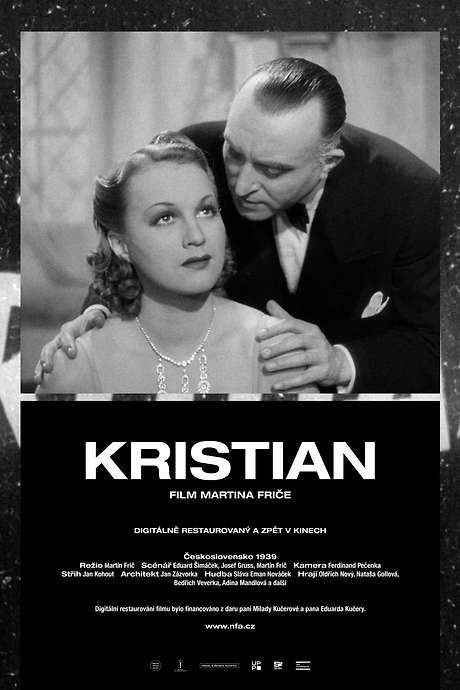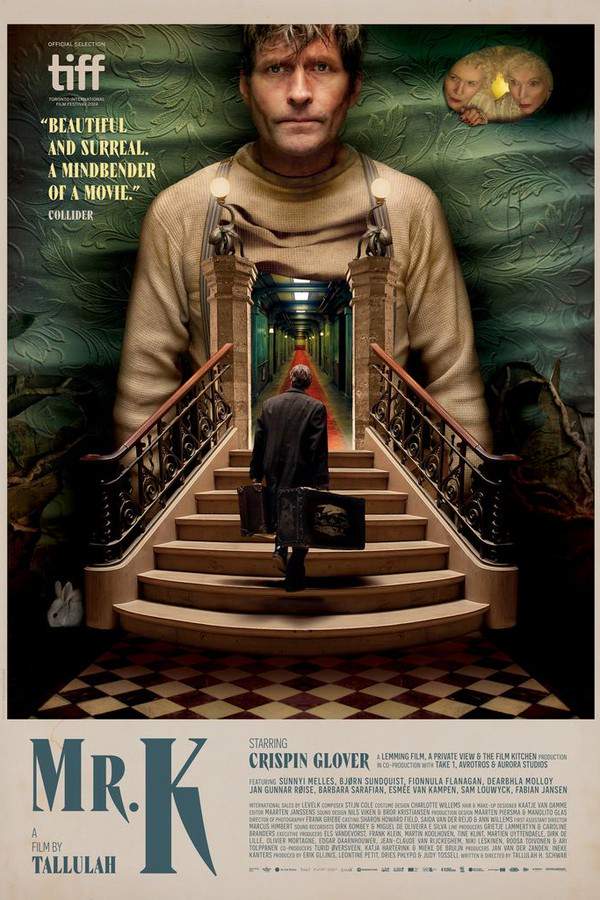
Kafka
Year: 1991
Runtime: 98 min
Language: English
Director: Steven Soderbergh
In early 20th-century Prague, a solitary insurance clerk finds himself drawn into a perplexing and unsettling situation. He is compelled to enter a mysterious, foreboding castle to investigate a cryptic matter. As he navigates the labyrinthine corridors and encounters enigmatic figures, he becomes entangled in a web of darkness and deception, struggling to uncover the truth behind the castle’s secrets.
Warning: spoilers below!
Haven’t seen Kafka yet? This summary contains major spoilers. Bookmark the page, watch the movie, and come back for the full breakdown. If you're ready, scroll on and relive the story!
Timeline & Setting – Kafka (1991)
Explore the full timeline and setting of Kafka (1991). Follow every major event in chronological order and see how the environment shapes the story, characters, and dramatic tension.
Last Updated: October 04, 2025 at 08:07
Main Characters – Kafka (1991)
Meet the key characters of Kafka (1991), with detailed profiles, motivations, and roles in the plot. Understand their emotional journeys and what they reveal about the film’s deeper themes.
Last Updated: October 04, 2025 at 08:07
Major Themes – Kafka (1991)
Explore the central themes of Kafka (1991), from psychological, social, and emotional dimensions to philosophical messages. Understand what the film is really saying beneath the surface.
Last Updated: October 04, 2025 at 08:07
Explore Movie Threads
Discover curated groups of movies connected by mood, themes, and story style. Browse collections built around emotion, atmosphere, and narrative focus to easily find films that match what you feel like watching right now.
Paranoid bureaucratic nightmares like Kafka
Stories where oppressive systems and surreal conspiracies trap lone investigators.If you liked the oppressive, surreal atmosphere of Kafka, explore more movies like it. This section features films with similar themes of labyrinthine conspiracies, individual vs. system struggles, and a dark, intellectually heavy tone. Find other complex thrillers and dramas that capture a Kafkaesque sense of existential dread and bureaucratic alienation.
Narrative Summary
The narrative typically follows an ordinary individual who is drawn into investigating a seemingly straightforward anomaly, only to discover they are pawns in a vast, incomprehensible system. The plot unfolds methodically, revealing layers of deception and surreal logic, often culminating in an ambiguous or pyrrhic resolution that leaves the central mystery partially intact.
Why These Movies?
Movies in this thread are grouped by their shared focus on the psychological horror of modern bureaucracy and unseen power structures. They create a cohesive experience through a dark tone, steady pacing that builds unease, and a high-intensity feeling of intellectual dread, rather than physical danger.
Movies with slow burn intellectual dread like Kafka
Films where philosophical inquiry leads to heavy, unsettling truths.For fans of Kafka's heavy emotional weight and complex themes, this section collects movies with a similar feel. Discover other steady-paced, dark-toned films that explore morality, freedom, and political corruption through a lens of intellectual dread. If you liked the challenging, ambiguous ending of Kafka, you'll find similar thought-provoking stories here.
Narrative Summary
Stories in this thread center on a protagonist's investigation that becomes a profound personal and philosophical journey. The conflict is internal as much as external, with the plot serving to challenge the character's core beliefs. The narrative arc is less about a clear victory and more about a difficult, often inconclusive, reckoning with overwhelming truths.
Why These Movies?
These films share a specific mix of high psychological intensity, heavy emotional weight, and a steady, deliberate pacing that allows dread to simmer. They are united by a focus on complex ideas and a dark, somber tone that prioritizes intellectual and moral challenges over conventional thriller payoffs.
Unlock the Full Story of Kafka
Don't stop at just watching — explore Kafka in full detail. From the complete plot summary and scene-by-scene timeline to character breakdowns, thematic analysis, and a deep dive into the ending — every page helps you truly understand what Kafka is all about. Plus, discover what's next after the movie.
Kafka Summary
Read a complete plot summary of Kafka, including all key story points, character arcs, and turning points. This in-depth recap is ideal for understanding the narrative structure or reviewing what happened in the movie.

Kafka Timeline
Track the full timeline of Kafka with every major event arranged chronologically. Perfect for decoding non-linear storytelling, flashbacks, or parallel narratives with a clear scene-by-scene breakdown.

Kafka Spoiler-Free Summary
Get a quick, spoiler-free overview of Kafka that covers the main plot points and key details without revealing any major twists or spoilers. Perfect for those who want to know what to expect before diving in.

More About Kafka
Visit What's After the Movie to explore more about Kafka: box office results, cast and crew info, production details, post-credit scenes, and external links — all in one place for movie fans and researchers.

Similar Movies to Kafka
Discover movies like Kafka that share similar genres, themes, and storytelling elements. Whether you’re drawn to the atmosphere, character arcs, or plot structure, these curated recommendations will help you explore more films you’ll love.
Explore More About Movie Kafka
Kafka (1991) Plot Summary & Movie Recap
Kafka (1991) Scene-by-Scene Movie Timeline
Kafka (1991) Spoiler-Free Summary & Key Flow
Movies Like Kafka – Similar Titles You’ll Enjoy
Werckmeister Harmonies (2001) Spoiler-Packed Plot Recap
Meteo (1990) Full Movie Breakdown
The Insurance Man (1986) Full Summary & Key Details
Forbidden Dreams (1987) Full Summary & Key Details
The Student of Prague (1913) Spoiler-Packed Plot Recap
The Mysterious Castle in the Carpathians (1981) Story Summary & Characters
Katzelmacher (1969) Plot Summary & Ending Explained
The Enigma of Kaspar Hauser (1974) Full Movie Breakdown
K (1954) Detailed Story Recap
Krakatit (1948) Complete Plot Breakdown
Franz Kafka’s It’s a Wonderful Life (1993) Movie Recap & Themes
Kristian (1939) Story Summary & Characters
Do You Know Kafka? (2024) Film Overview & Timeline
Mr. K (2024) Full Movie Breakdown
Mr. K (2025) Full Summary & Key Details


